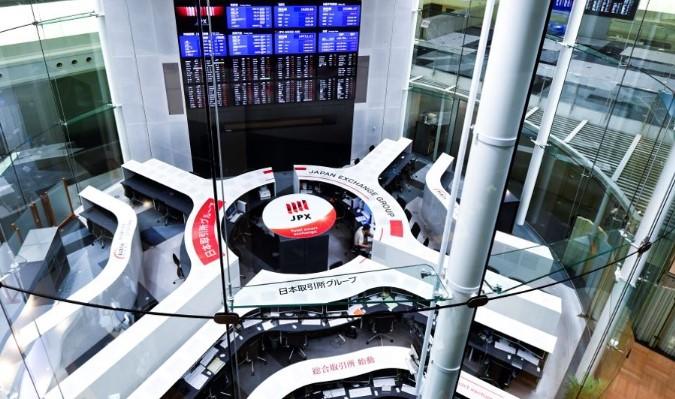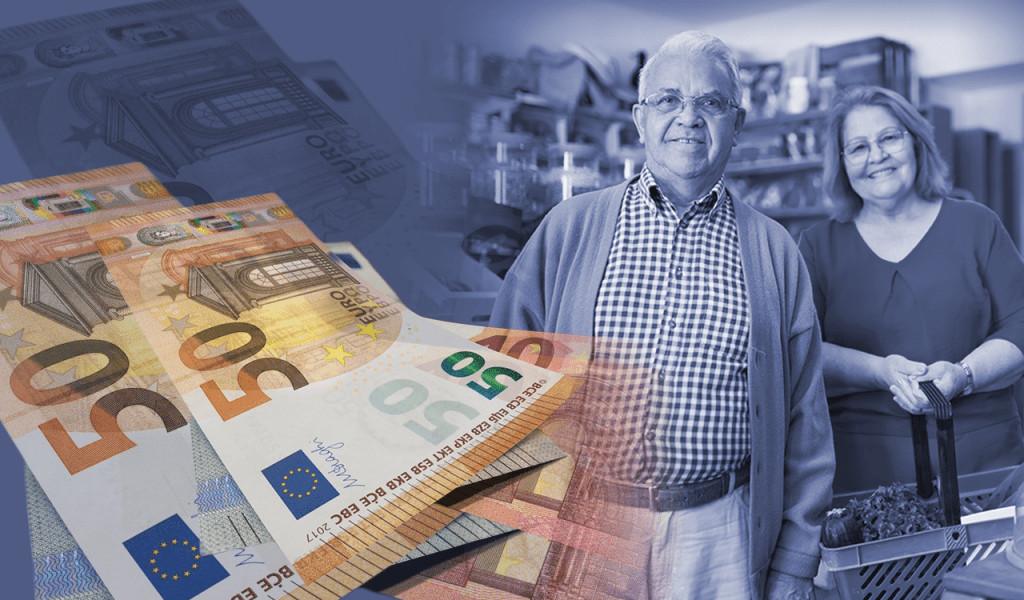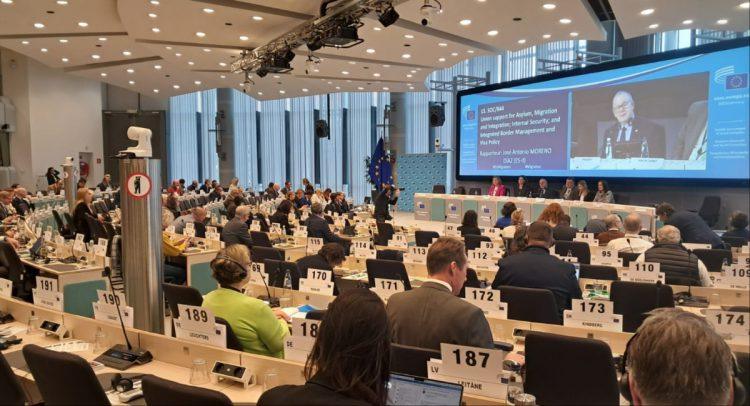When Ukrainian President Volodymyr Zelensky touches down in Athens tomorrow, his visit will unfold under far more fraught circumstances than his last trip to Greece in 2023. This time, he arrives facing the most damaging corruption scandal of his presidency, deepening political pressure from EU partners, and a mounting energy crisis as another winter approaches.
The trip, which remains officially unconfirmed for security reasons, is expected to focus on energy cooperation and defense discussions. For Athens, it comes on the heels of major agreements signed at the P-TEC conference, including a memorandum of understanding with Ukraine that could reshape LNG flows into Eastern Europe.
For Kyiv, however, the timing could hardly be more delicate.
A Corruption Scandal With Continental Consequences
The corruption scandal now engulfing Zelensky’s government has reverberated far beyond Kyiv. After a 15-month investigation, Ukrainian anti-corruption agencies uncovered an alleged $100 million kickback scheme in the country’s energy sector, implicating Tymur Mindich, Zelensky’s former business partner and a co-owner of the comedy studio that launched the president’s career.
The Ukrainian leader responded by imposing sanctions on Mindich—who fled the country before charges could be brought—and ordering the resignations of senior ministers, including the ministers of energy and justice.
According to POLITICO, European officials were stunned by the scope of the scheme. One EU official called the findings “endemic corruption” and “revolting,” warning that Brussels may need to reassess how funds are spent in Ukraine’s energy sector. With Ukraine staring at a €41 billion budget crunch next year and EU countries deadlocked over a €140 billion reparations-backed loan drawn from frozen Russian assets, the scandal threatens to complicate already fraught financial negotiations.
Yet European capitals—aware of Moscow’s intensified strikes on Ukraine’s power grid—have avoided openly threatening to cut aid. The EU confirmed €6 billion in new support this week, and several member states have announced targeted assistance to help Ukraine secure emergency energy supplies.
Still, as POLITICO reports, Kyiv’s partners expect “concrete commitments” on anti-corruption reforms. German Chancellor Friedrich Merz underscored the point, urging Zelensky to press ahead with measures that restore confidence.
Zelensky’s allies insist the scandal proves Ukraine’s oversight institutions are functioning, not failing. “There is no room for impunity,” Ukraine’s ambassador to the United States told NBC News, while top aide Andriy Yermak emphasized that the investigations were “absolutely free” and independent.
A Deeper Governance Crisis, Years in the Making
The Kyiv Independent frames the scandal as part of a broader pattern rooted in Zelensky’s earliest personnel decisions. When he entered office in 2019, the former comedian built his inner circle from longtime friends and collaborators—a cohort that, analysts say, lacked political experience and proper vetting.
According to the paper, Zelensky’s trust in familiar figures created an “inner circle problem” similar to that faced by past Ukrainian presidents, but magnified by wartime pressures and significant centralization of decision-making in the president’s office.
The publication also notes that public perceptions of Zelensky’s anti-corruption record had already dimmed. By early 2024, roughly half of Ukrainians believed he had fulfilled few or none of his campaign promises, with many citing the presence of “dishonest, corrupt people” in his team.
The latest scandal has accelerated an internal reckoning. Kyiv has announced audits of state-owned energy companies, leadership changes at Energoatom, and new screening measures for strategic enterprises. Watchdogs quoted by POLITICO argue that broad, systematic reforms—not just personnel changes—will be needed to restore trust.
Athens as a Strategic Stopover for Zelensky
Against this backdrop, Zelensky arrives in Athens for a visit where energy diplomacy and defense cooperation are expected to dominate discussions.
The timing coincides with Greece’s signing of a major energy deal at the P-TEC conference: a supply agreement via Atlantic-See LNG Trade (AKTOR–DEPA) to import American LNG from Venture Global and distribute it across Eastern Europe. The framework supports the long-planned “Vertical Corridor,” a priority project for Greece and Washington aimed at reducing European dependence on Russian gas while strengthening demand for US LNG.
Greece has also signed memoranda of understanding with Romania and Ukraine for the sale of significant LNG volumes—steps that would make Greece a central gateway for US gas flows into Central and Eastern Europe. With Ukraine’s gas storage levels dropping and its energy infrastructure repeatedly targeted by Russian strikes, the Athens leg of Zelensky’s trip is likely to underscore Kyiv’s urgent need for alternative supply routes.
While the Greek government has not formally announced the visit, Zelensky is expected to meet the speaker of parliament, Prime Minister Kyriakos Mitsotakis, and other officials shortly after landing around midday. The trip is also a precursor to Zelensky’s scheduled visit to Paris on November 17, where corruption and the energy crisis will again be front and center.
What Happens Next?
Zelensky’s travels come just as the EU enters a critical period of negotiations over long-term financing for Ukraine. The EU General Affairs Council convenes on November 17 to prepare for December’s decisive European Council summit, the last opportunity this year to approve the €140 billion reparations-backed loan.
With Belgium still opposing the plan over legal concerns, and Kyiv’s credibility under new scrutiny, Zelensky’s diplomatic outreach is aimed at steadying European support at a precarious moment.
His stop in Athens, then, is more than a bilateral visit: it is an early test of whether Kyiv can maintain the confidence of partners as it confronts both external war and internal turmoil. If successful, the energy cooperation that Greece and Ukraine finalize in Athens could prove a small but significant win at a time when Zelensky needs them most.
Source: tovima.com
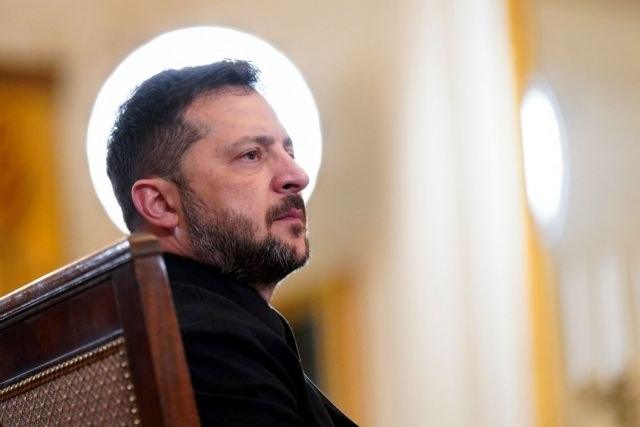

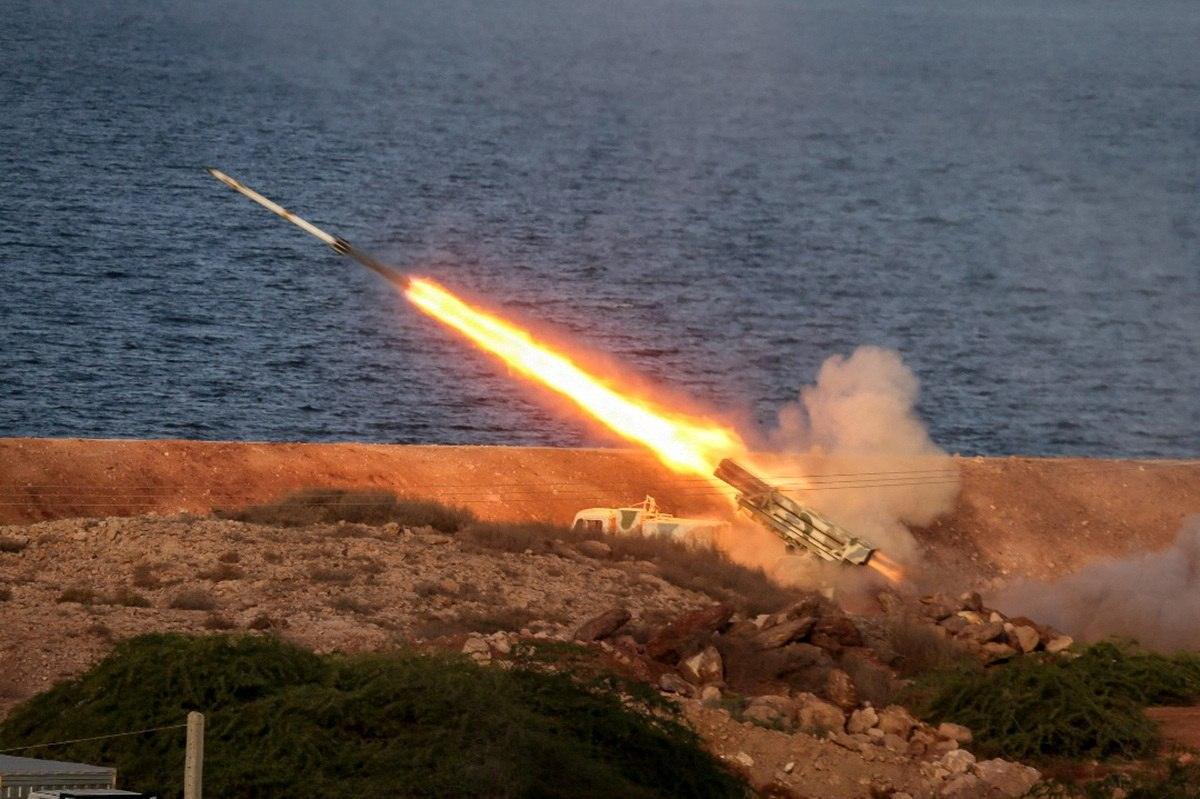
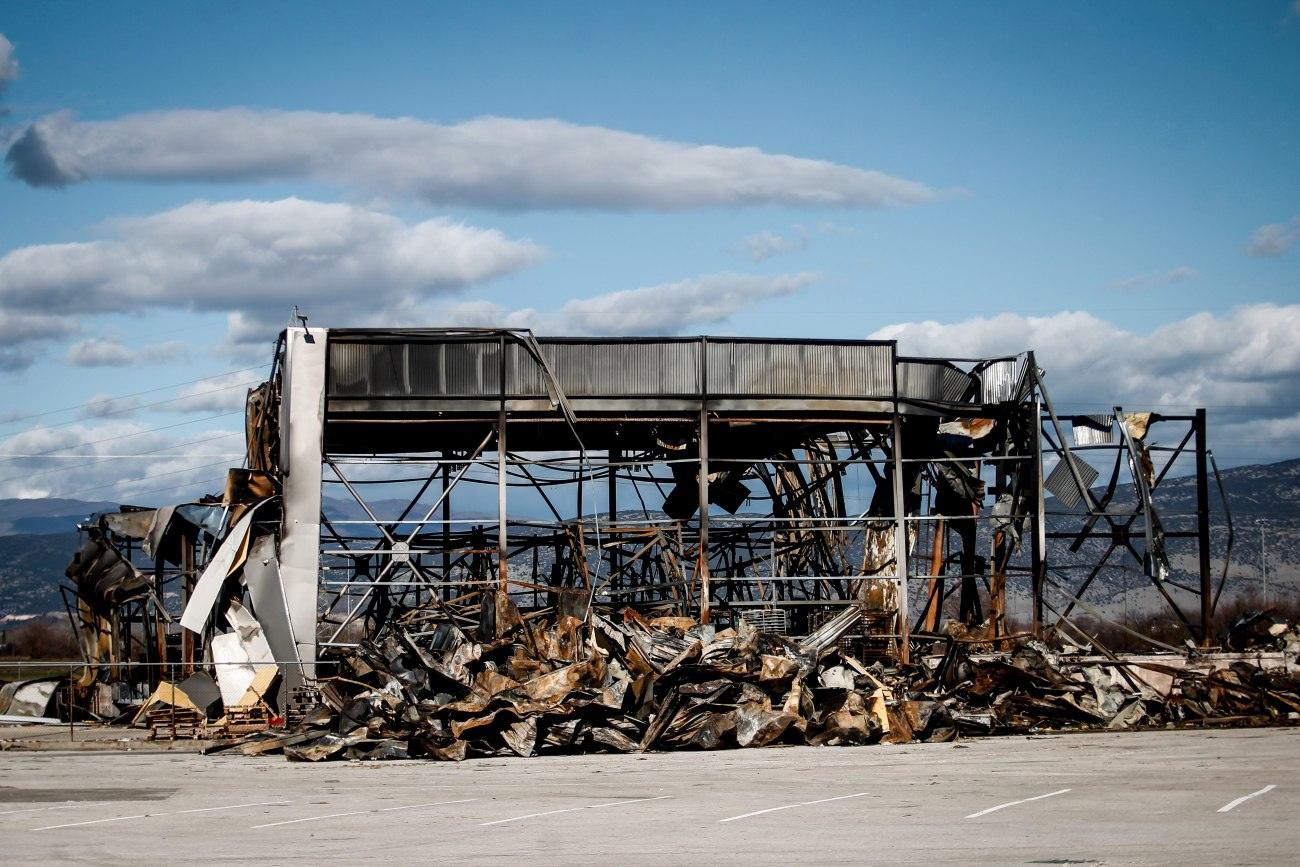
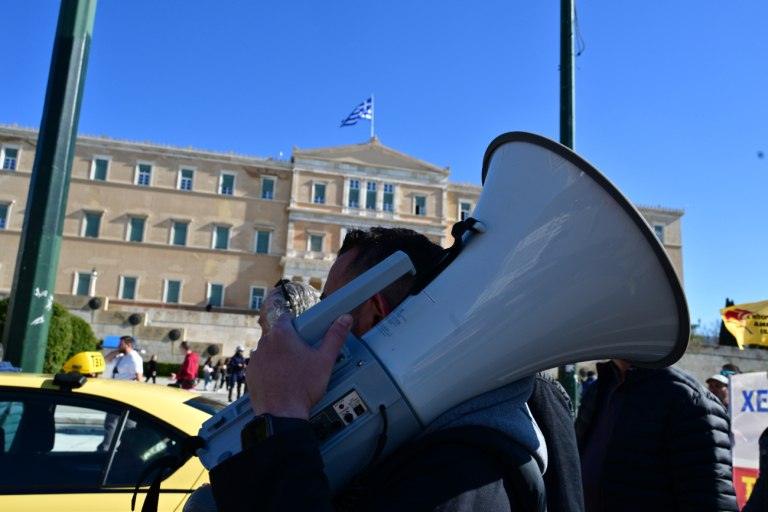


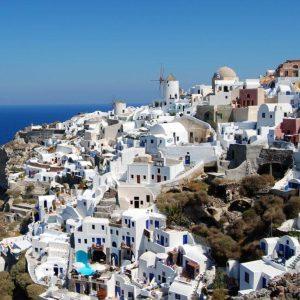
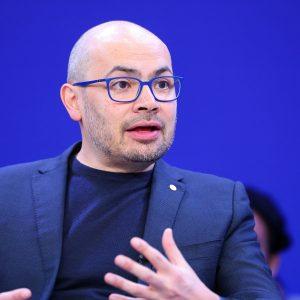
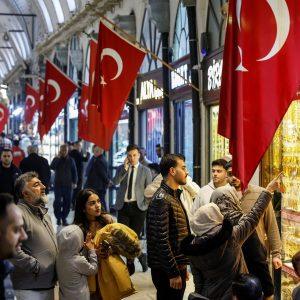
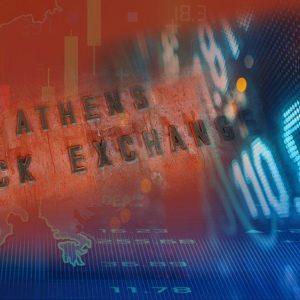
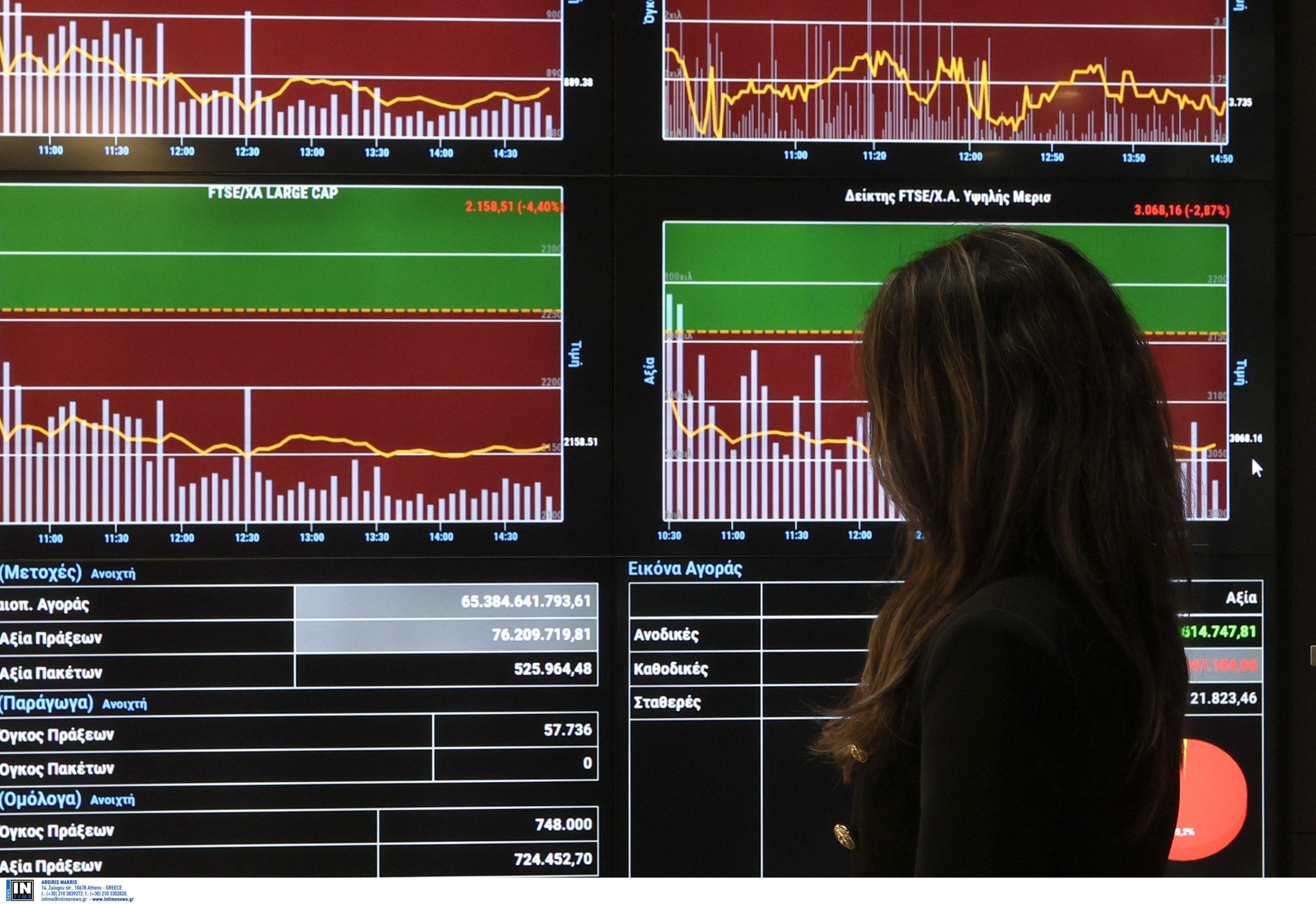

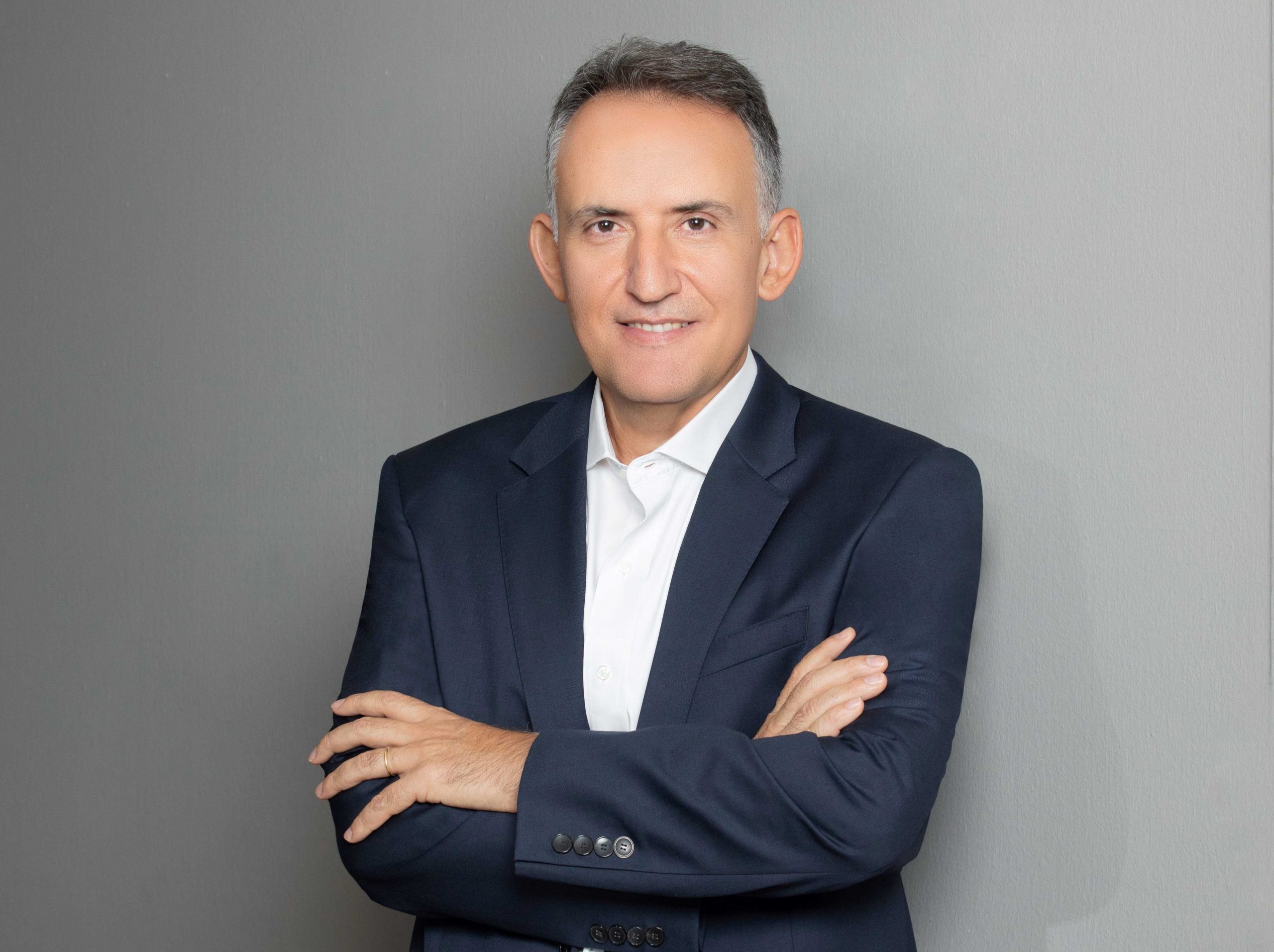
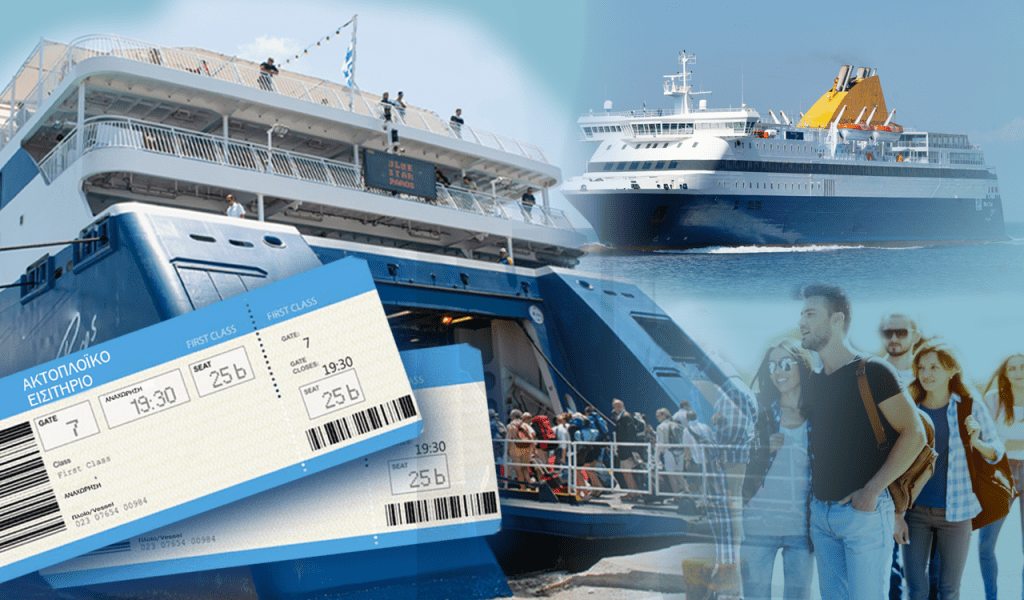
![Ελλάδα: Υποχώρηση της προσφοράς καταλυμάτων βραχυχρόνιας μίσθωσης [πίνακας]](https://www.ot.gr/wp-content/uploads/2026/02/airbnb-1.jpg)
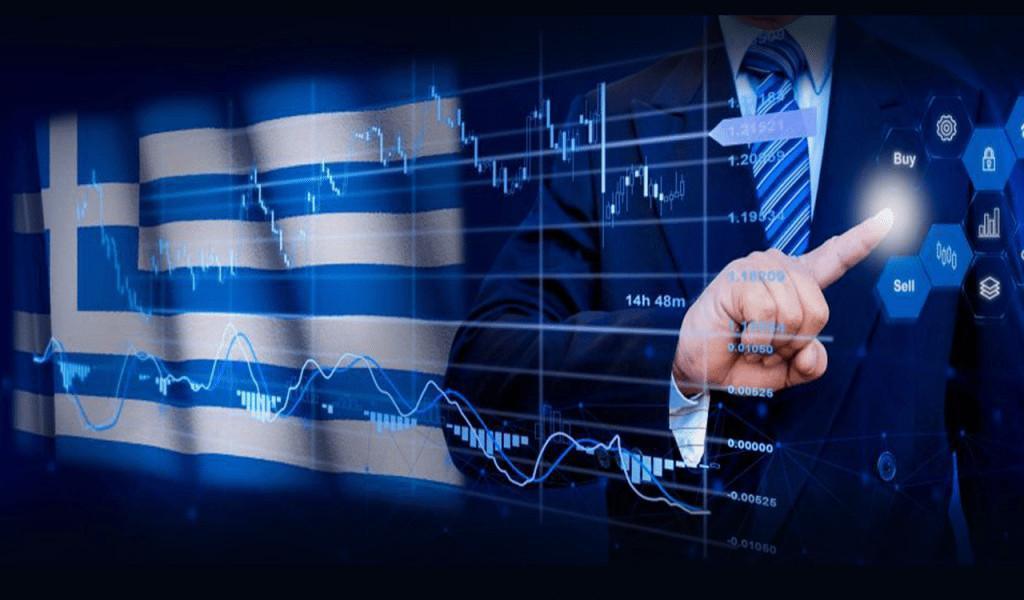


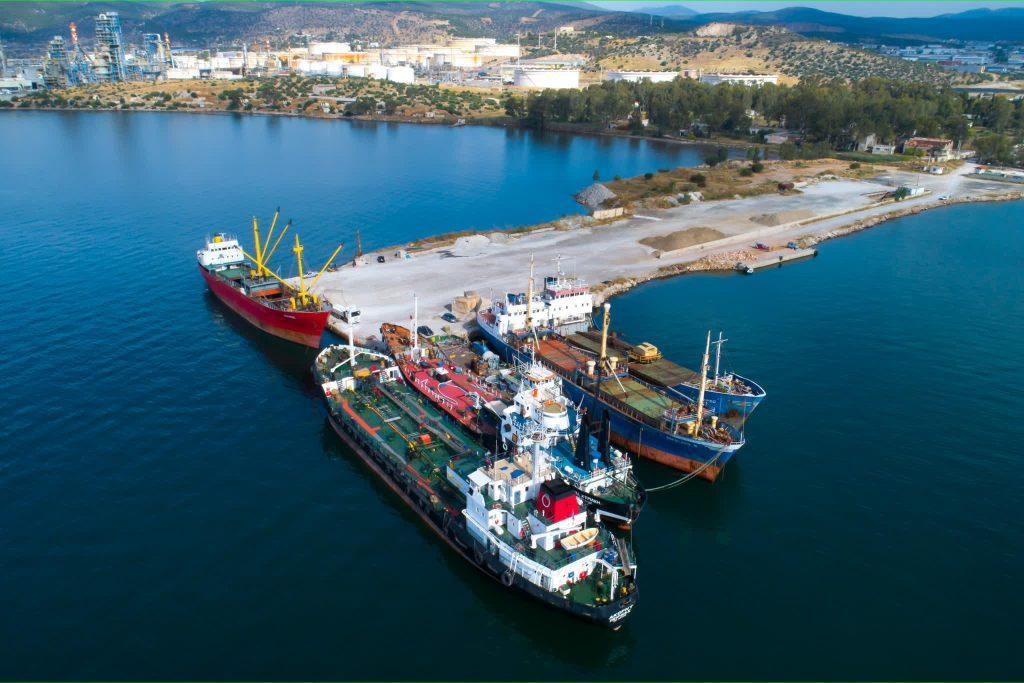







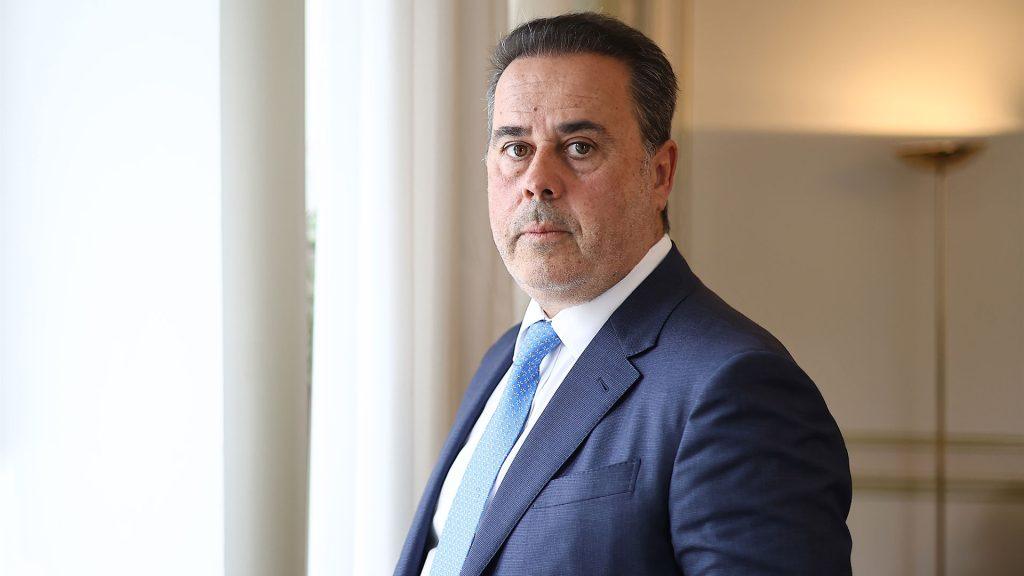
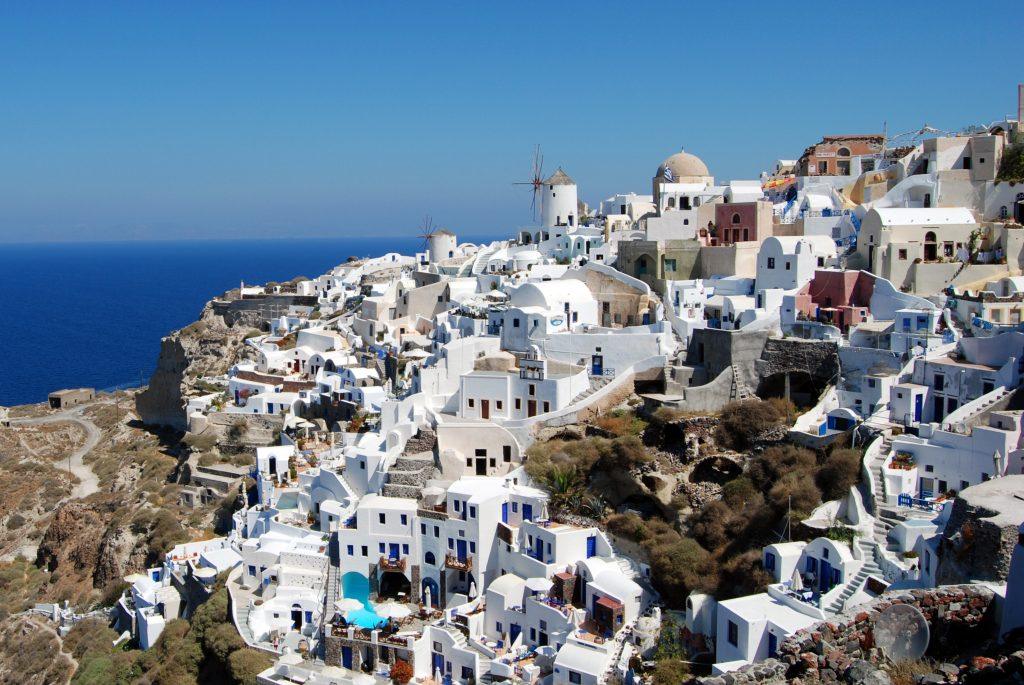
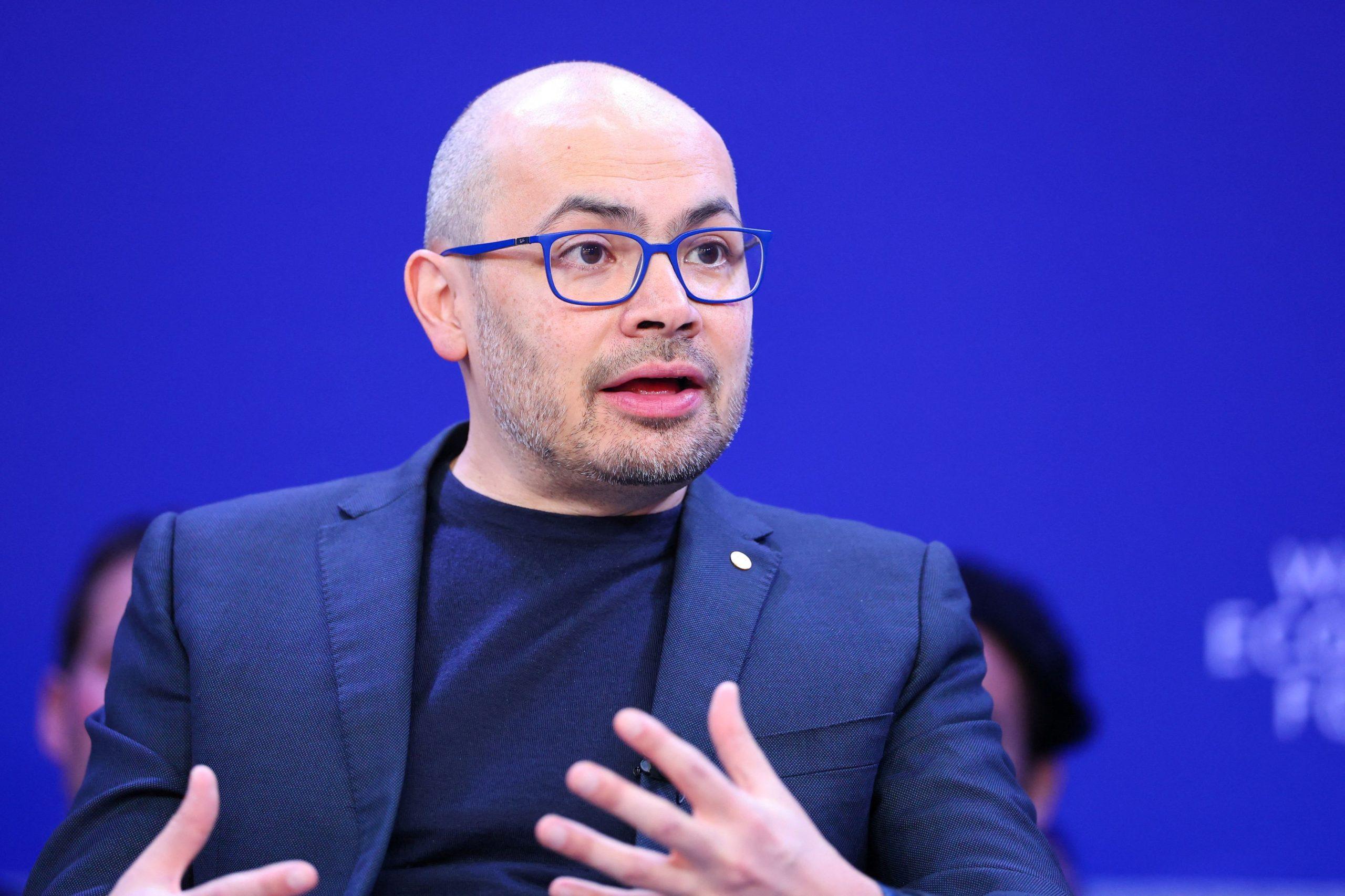
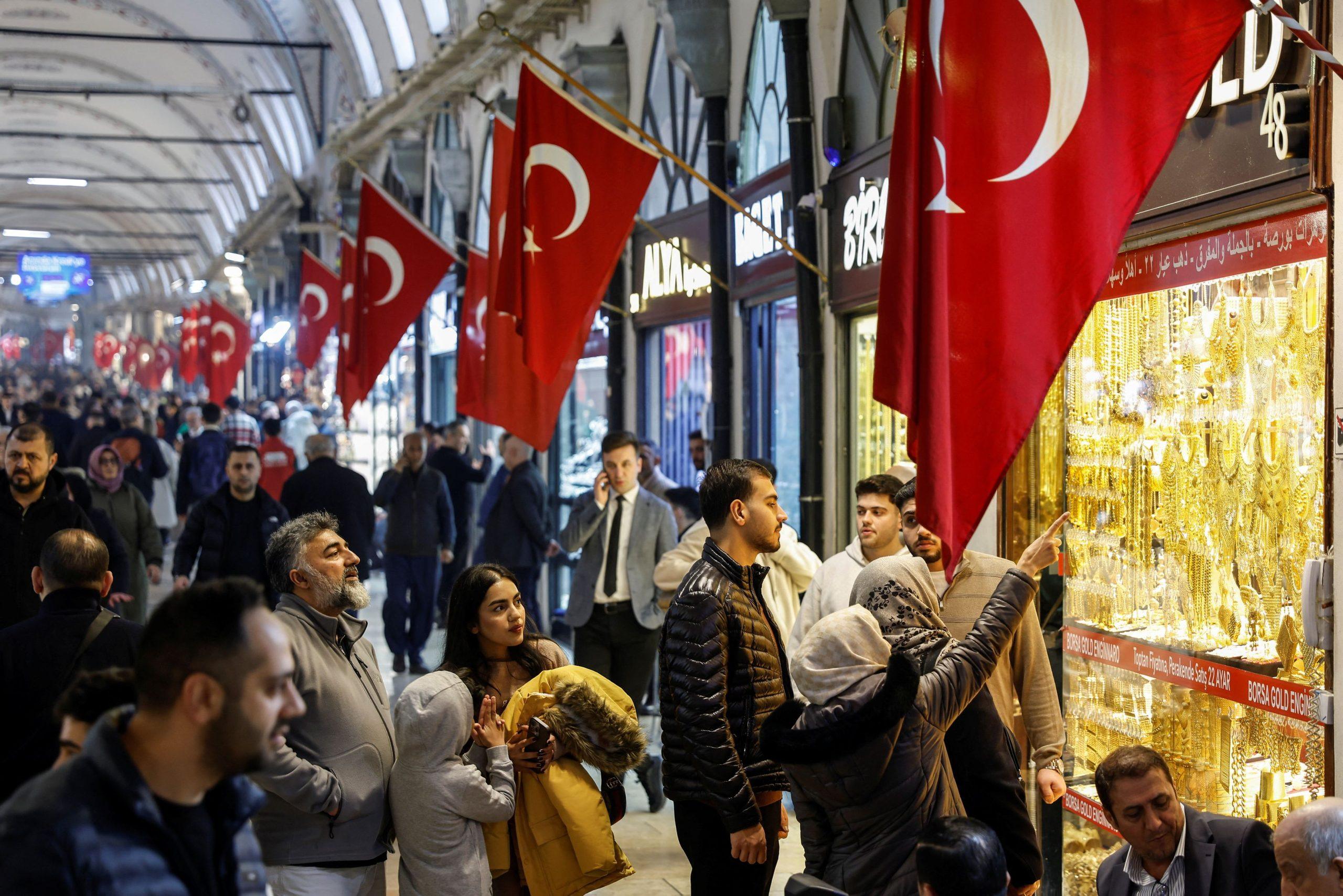
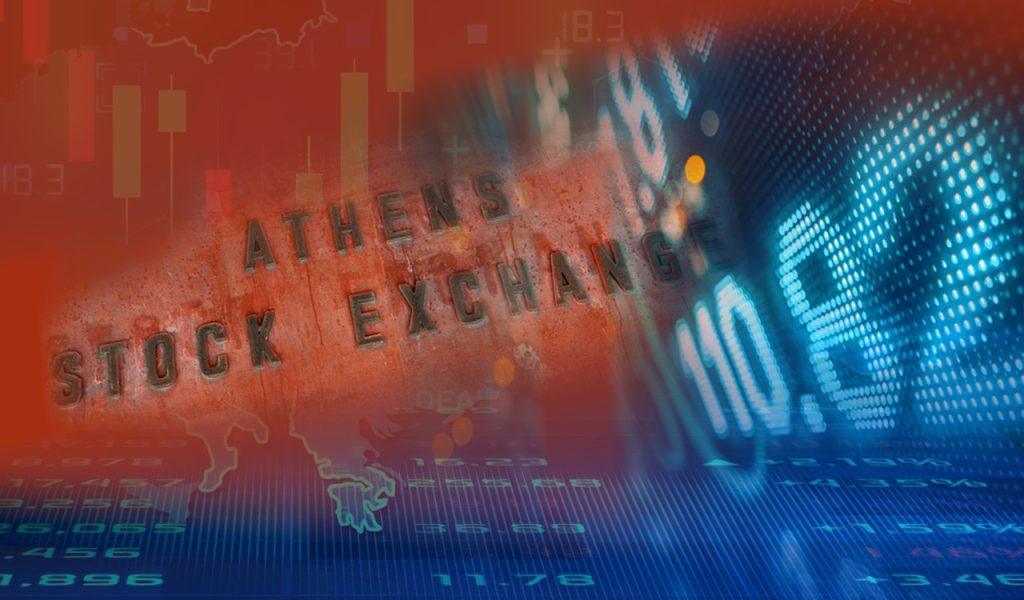
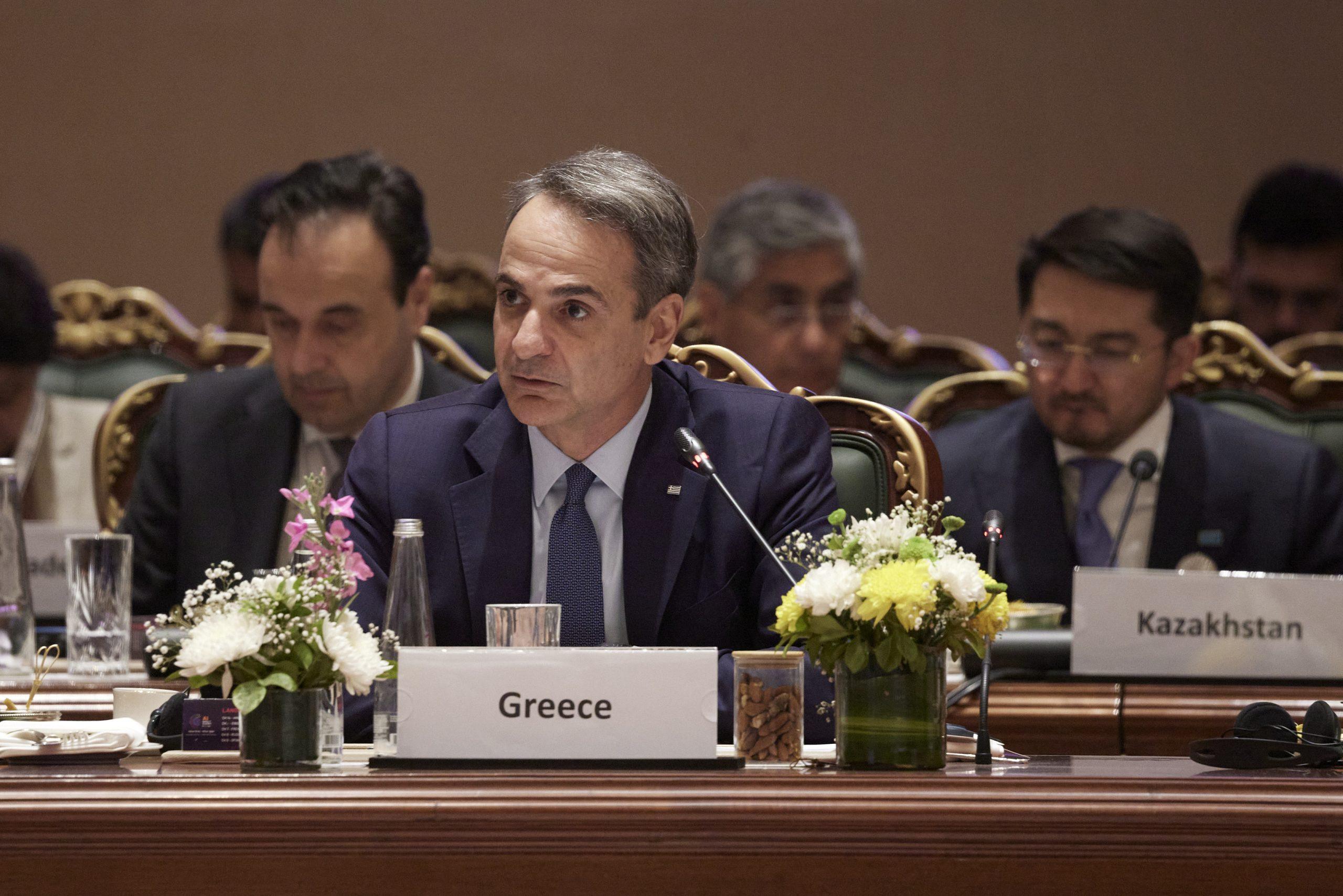


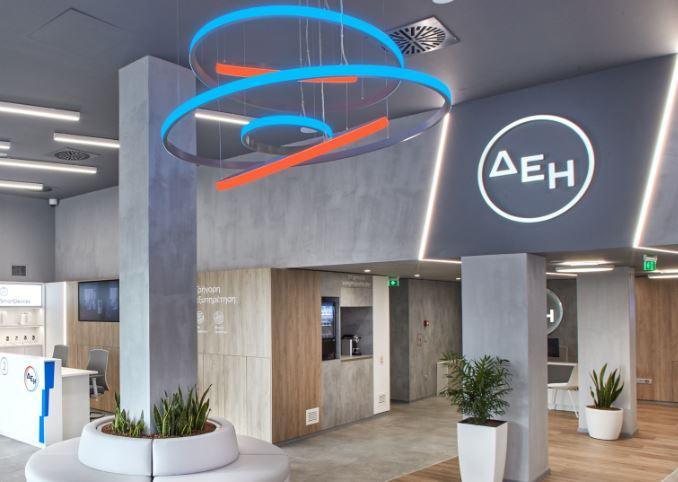

![Στεγαστική κρίση: Γονατίζει ένα στα τρία νοικοκυριά [πίνακας]](https://www.ot.gr/wp-content/uploads/2026/02/akinita26-4.jpg)
